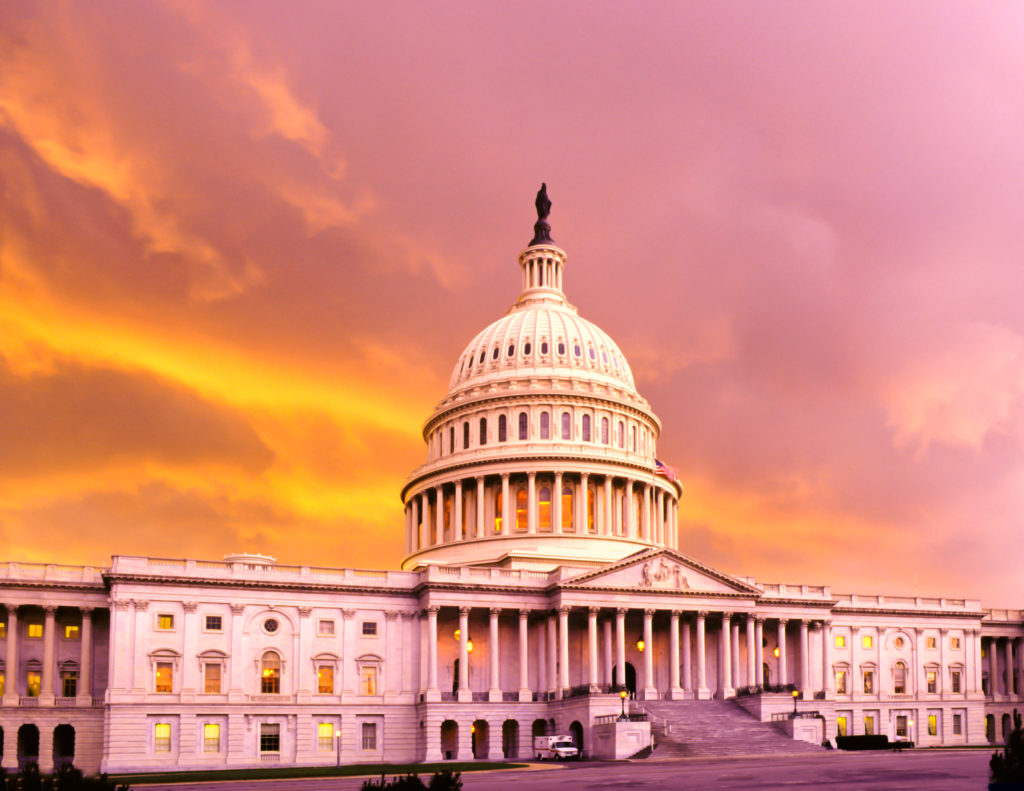The ERA Brings Labor Laws into the 21st Century

This op-ed column was originally published at WashingtonExaminer.com
By Rep. Phil Roe and Akash Chougule
For the vast majority of Americans today, labor unions are a relic of a bygone era. The union membership rate has been nearly cut in half since 1983, down to about 11 percent of the workforce.
Unions have fallen in size and popularity since their heyday in the middle of the 20thcentury, largely because they have failed to evolve with the times.
And they haven’t had to. Federal labor law remains largely unchanged since the National Labor Relations Act passed 70 years ago. The status quo protects entrenched union leadership but deprives workers of several basic rights and protections, making unions increasingly unattractive to the next generation – just 4.4 percent of workers between the ages of 16 and 24 are union members.
Change is desperately needed to bring unions into the 21st century and make them more responsive to the workers they represent. The Employee Rights Act would provide the most comprehensive update to federal labor law since the NLRA and would put power back in the hands of workers. This bill, which is being heard in the House Education and the Workforce Committee on Wednesday, deserves legislators’ support.
Just as labor law has remain unchanged for decades, so too have many unions. Fully 94 percent of workers represented by a union today never voted for that union to represent them. They either voted no, or, more commonly, they simply inherited a union that was voted in decades ago. The Employee Rights Act would fix this by requiring periodic referendums asking workers if they wish to remain represented by their current union, ensuring unions remain accountable to the workers they represent.
Moreover, the process by which workers vote to unionize needs to be brought in line with the way Americans vote for just about everything else, which is by secret ballot.
We vote for president and members of Congress by secret ballot. The Democrats recently voted for their congressional leadership and sought to vote for party chair by secret ballot. But union bosses prefer to make workers sign union membership cards publicly, which exposes them to harassment and intimidation.
The Employee Rights Act states that unions must receive support from a majority of all workers in the bargaining unit in a federally supervised secret paper ballot election, which ensures that the choice to join a union is freely made and unions have the support of a true majority of workers.
Union leaders have also lost touch with their rank-and-file in politics. Over the 2016 election cycle, 88 percent of union political spending supported Democratic candidates, even though 43 percent of union households supported a Republican for president. Despite the wide ideological disconnect, current labor law permits unions to spend employees’ earnings on political contributions without ever asking their permission.
The Employee Rights Act would provide political protection by requiring that unions receive “opt in” permission from workers to spend their dues on politics rather than forcing workers to “opt out” if they don’t want to participate. No one should be coerced or pressured to fund causes or candidates they don’t believe in, and this reform guarantees that right for union workers.
Other commonsense reforms, like employee privacy protections and new safeguards against violence and threats, will help prevent the unions’ most egregious abuses.
The Employee Rights Act is not anti-union legislation. Rather, it seeks to address many of the problems that have made unions fall out of favor with workers, from unwanted political spending to worker coercion.
Most importantly, the bill returns workforce choice back to where it rightly belongs: in the hands of the individual.
Phil Roe represents Tennessee’s 1st District in the U.S. Congress. Akash Chougule is a contributor to the Washington Examiner’s Beltway Confidential blog. He is the director of policy at Americans for Prosperity.